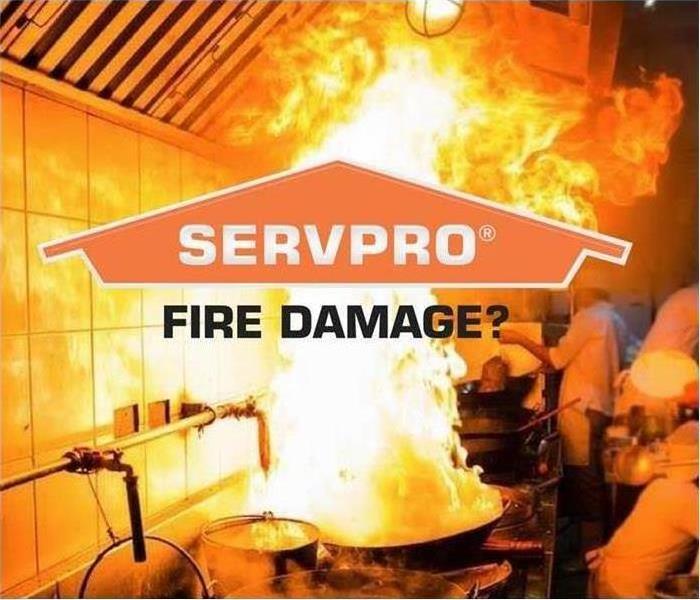Being Prepared For A Fire
3/11/2022 (Permalink)
Here are some things you can do to ‘harden’ your home and commercial building and make it more fire resistant.
Fire season has come and gone again this year. There were definitely a few that crept a little too close to comfort. We wanted to jump in and do our part to help ready our online community with some helpful pointers. That way, you can be rest assured in knowing that you’re ‘as prepared as possible’ to weather the next wildfire that breaks out.
As a Fire & Water Restoration Company who works in people’s homes and office’s following wildfire damage, we hear all the time, “If I had only been prepared…” or “I never would have thought this would happen to me.” We wanted to pass along some practical preventive tips we picked up from The National Interagency Fire Center, a frontrunner in wildfire preparation.
- Use Fire Resistant Building Material - "The Best Thing
That You Can Do"
The roof and exterior structure of your dwelling should be constructed of non-combustible or fire resistant materials such as fire resistant roofing materials, tile, slate, sheet iron, aluminum, brick, or stone. Wood siding, cedar shakes, exterior wood paneling, and other highly combustible materials should be treated with fire retardant chemicals.
- Maintain a Survivable Space - "Things You Can Do Today"
- Clean roof surfaces and gutters of pine needles, leaves, branches, etc., regularly to avoid accumulation of flammable materials.
- Remove portions of any tree extending within 10 feet of the flue opening of any stove or chimney.
- Maintain a screen constructed of non-flammable material over the flue opening of every chimney or stovepipe. Mesh openings of the screen should not exceed 1/2 inch.
- Landscape vegetation should be spaced so that fire cannot be carried to the structure or surrounding vegetation.
- Remove branches from trees to height of 15 feet.
- A fuel break should be maintained around all structures.
- Dispose of stove or fireplace ashes and charcoal briquettes only after soaking them in a metal pail of water.
- Store gasoline in an approved safety can away from occupied buildings.
- Propane tanks should be far enough away from buildings for valves to be shut off in case of fire. Keep the area clear of flammable vegetation.
- All combustibles such as firewood, picnic tables, boats, etc. should be kept away from structures.
- Garden hose should be connected to the outlet.
- Addressing should be indicated at all intersections and on structures.
- All roads and driveways should be at least 16 feet in width.
- Have fire tools handy such as: ladder long enough to reach the roof, shovel, rake and bucket for water.
- Each home should have at least two different entrance and exit routes.
In case of any fire and smoke damage SERVPRO of Burbank is always here to help. We are open 24 hours a day, 7 days a week! Call at (818) 842-1400






 24/7 Emergency Service
24/7 Emergency Service
